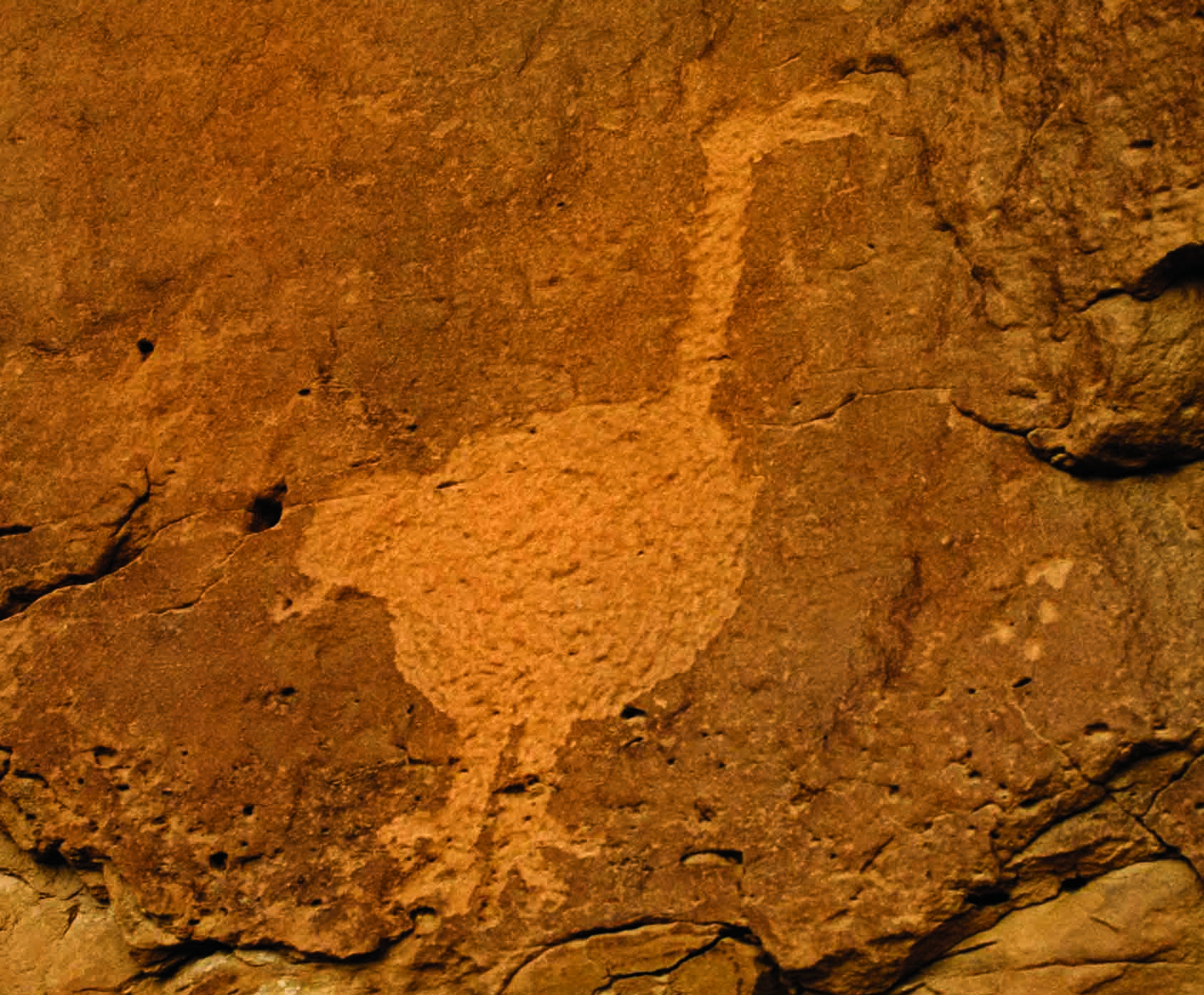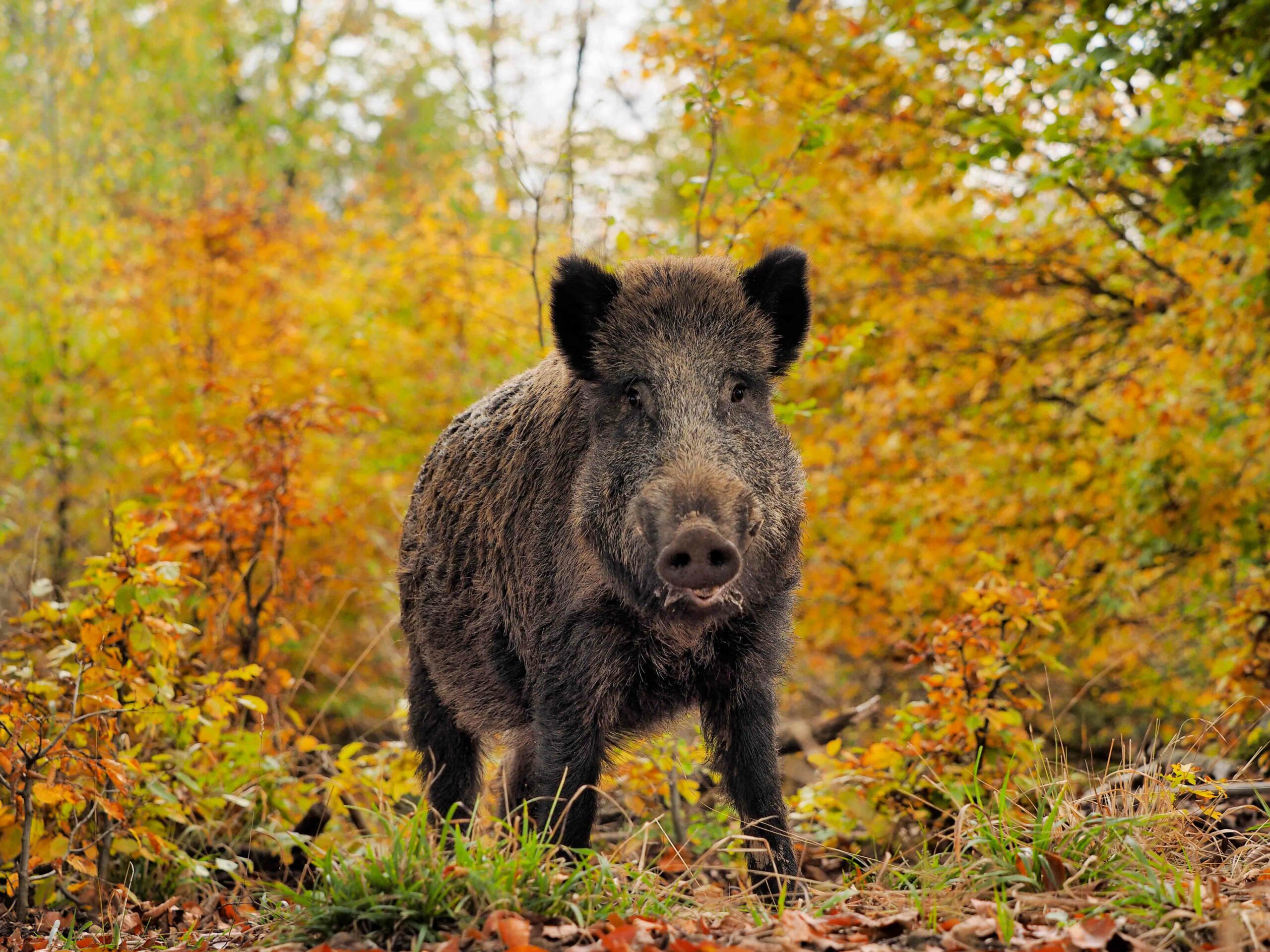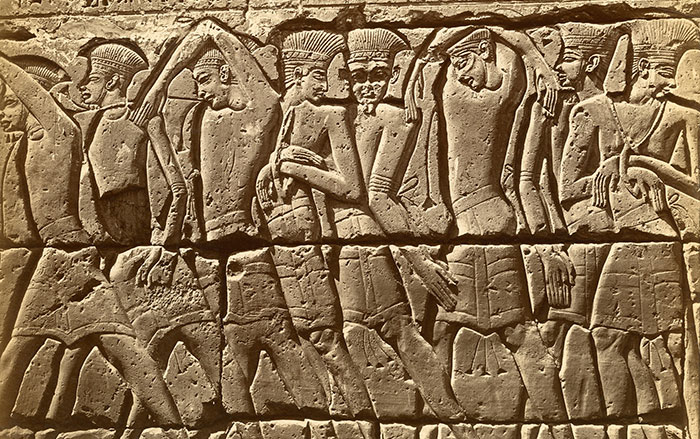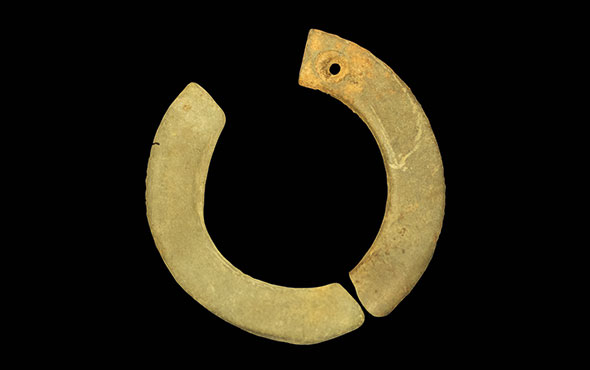TOULOUSE, FRANCE—According to a Science News report, donkeys (Equus asinus) were domesticated some 7,000 years ago in East Africa, based upon an analysis conducted by molecular archaeologist Ludovic Orlando of the Center for Anthropobiology and Genomics of Toulouse and his colleagues. The genomes in the study sample came from donkeys living in 31 countries today, and DNA from 31 donkeys who lived between 100 and 4,000 years ago. These genomes were then compared with the genomes of living wild asses from Asia and Africa. The study suggests that all domesticated donkeys can be traced back to a single domestication event that took place in East Africa around 5000 B.C., at about the time that the Sahara started becoming more arid. “Donkeys are champions when it comes to carrying stuff and are good at going through deserts,” Orlando said. Donkeys then spread with humans into Europe and Asia, where they formed genetically distinct groups, he concluded. To read about donkey-hemippe hybrids that were bred in Mesopotamia, go to "Kunga Power."
Genomes Reveal Story of Donkey Domestication
News September 12, 2022
SHARE:
Recommended Articles
Digs & Discoveries March/April 2021
In Full Plume

Mick Sharp/Alamy Stock Photo
Digs & Discoveries September/October 2020
Reindeer Training

(Robert Losey)

(Scala/Luciano Romano/Art Resource, NY)
Digs & Discoveries March/April 2019
Mild Boars

(blickwinkel/Alamy Stock Photo)
-
Features July/August 2022
The Philistine Age
Archaeologists are reconsidering the origins and history of a much-maligned ancient people
 (Glasshouse Images/Alamy Stock Photo)
(Glasshouse Images/Alamy Stock Photo) -
Letter from Georgia July/August 2022
Soaring With Stone Eagles
A complex of Native American rock mounds bears witness to the endurance of ancient traditions

-
Artifacts July/August 2022
Nordic Ring Fragments
 (Courtesy Marja Ahola)
(Courtesy Marja Ahola) -
Digs & Discoveries July/August 2022
Save the Dates
 (Bridgeman Images)
(Bridgeman Images)



